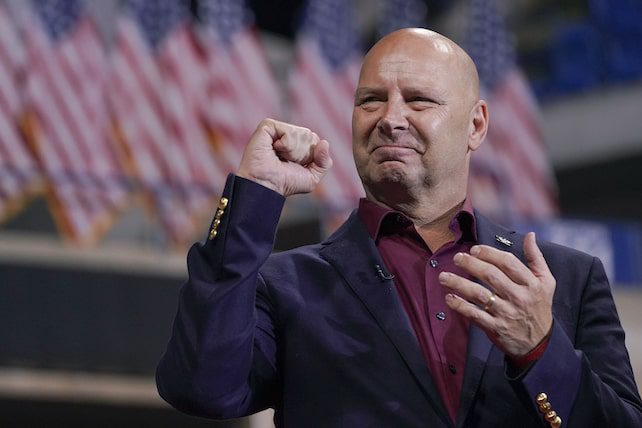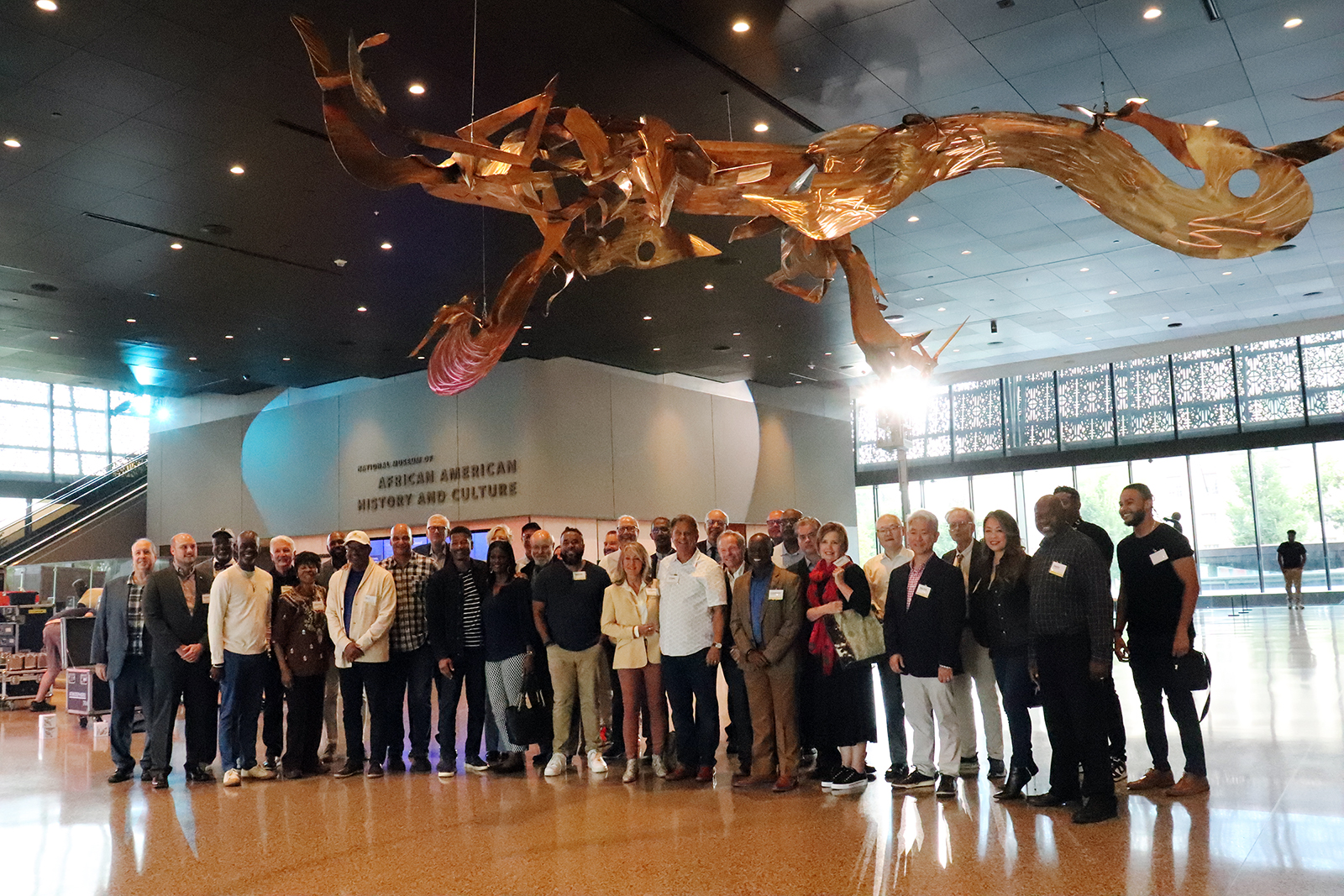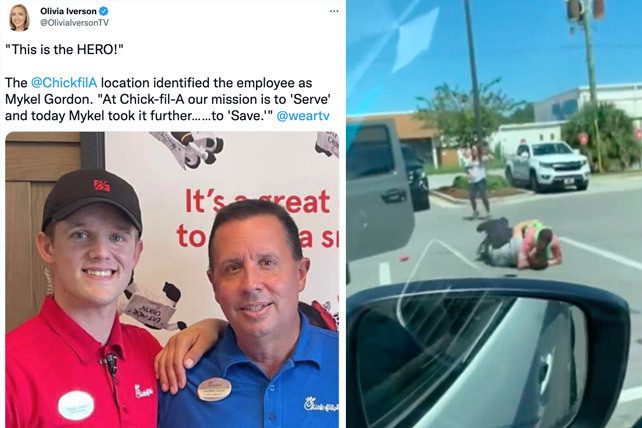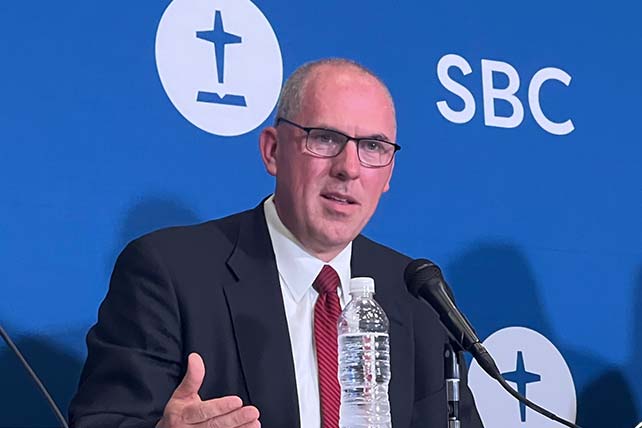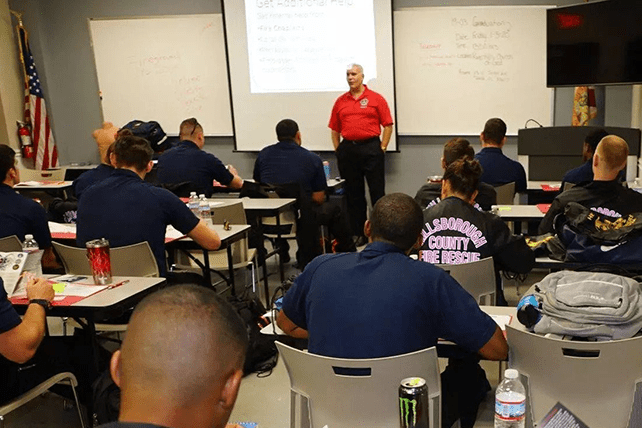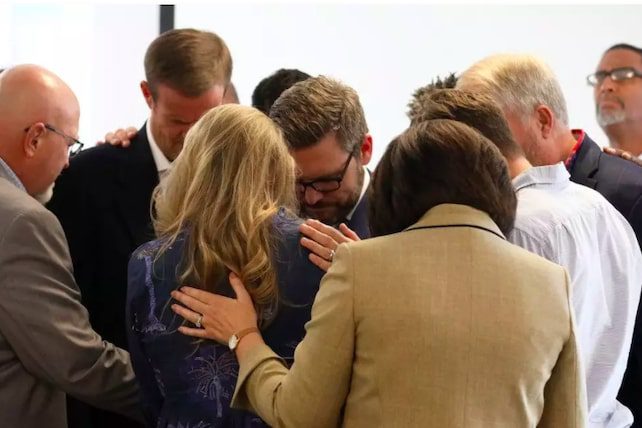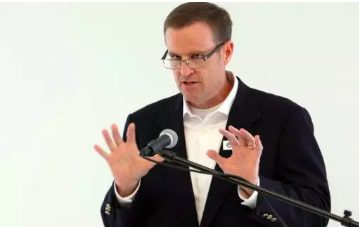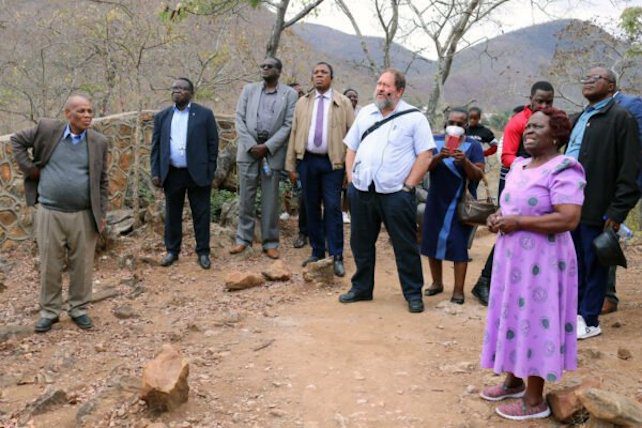Albert Mohler was at the center of a social media dustup after comments he made during an address at the “Pray, Vote, Stand” summit began circulating on Twitter. In his remarks, Mohler seemed to imply that Christians who refrain from voting or who vote for Democratic candidates are “unfaithful.”
As Mohler serves as president of the Southern Baptist Theological Seminary, editor for WORLD magazines Opinions column, and has a sizable personal platform with multiple podcasts, he is an influential figure not only in the Southern Baptist Convention but also in broader American evangelical circles.
“Every single election matters,” Mohler said at the summit, which was organized by Family Research Council and took place from September 14 to 16 in Atlanta, Georgia. “But every single election is followed by the next one. And faithfulness now is absolutely necessary, and, frankly, just given the temporality of life, we’ve got to give primary attention to faithfulness right now.”
Mohler continued, “2022 in the United States means votes matter. And we have a responsibility to make sure that Christians understand the stewardship of the vote, which means the discipleship of the vote, which means the urgency of the vote, the treasure of the vote.”
“And [Christians] need to understand that insofar as they do not vote or they vote wrongly, they are unfaithful,” Mohler said. “Because the vote is a powerful stewardship.”
The event where Mohler made his remarks featured a lineup of speakers that included a number of Republican politicians and personalities, including Ron DeSantis, Ben Carson, Josh Hawley, Mike Huckabee, Mitch McConnell, and Allie Beth Stuckey.
Mohler’s remarks drew both praise and criticism, as many took him to be implying that voting for Republican candidates is the only way for Christians to be faithful with their vote.
“You can’t vote for legal abortion or for legal genital mutilation for kids without compromising core tenets of the Christian faith,” said Allie Beth Stuckey. “This is obvious and not controversial.”
“Voting wrongly = honoring political appetites over biblical principles,” said missionary Javier Chavez. “Dr. Mohler got this one right! Won’t vote for ANY party that defends, funds, and rewards abortion.”
“I completely agree with @albertmohler! Don’t be fooled by the SBC woke who are mad & claim Mohler’s saying you must vote Republican,” said Texas pastor Tom Buck. “That’s not what he said! What they’re upset about is Mohler’s words don’t give cover to vote for a Democrat.”
RELATED: Acquisition of Al Mohler Content by Publisher Generates Social Media Dustup
Conversely, others voiced their concern.




